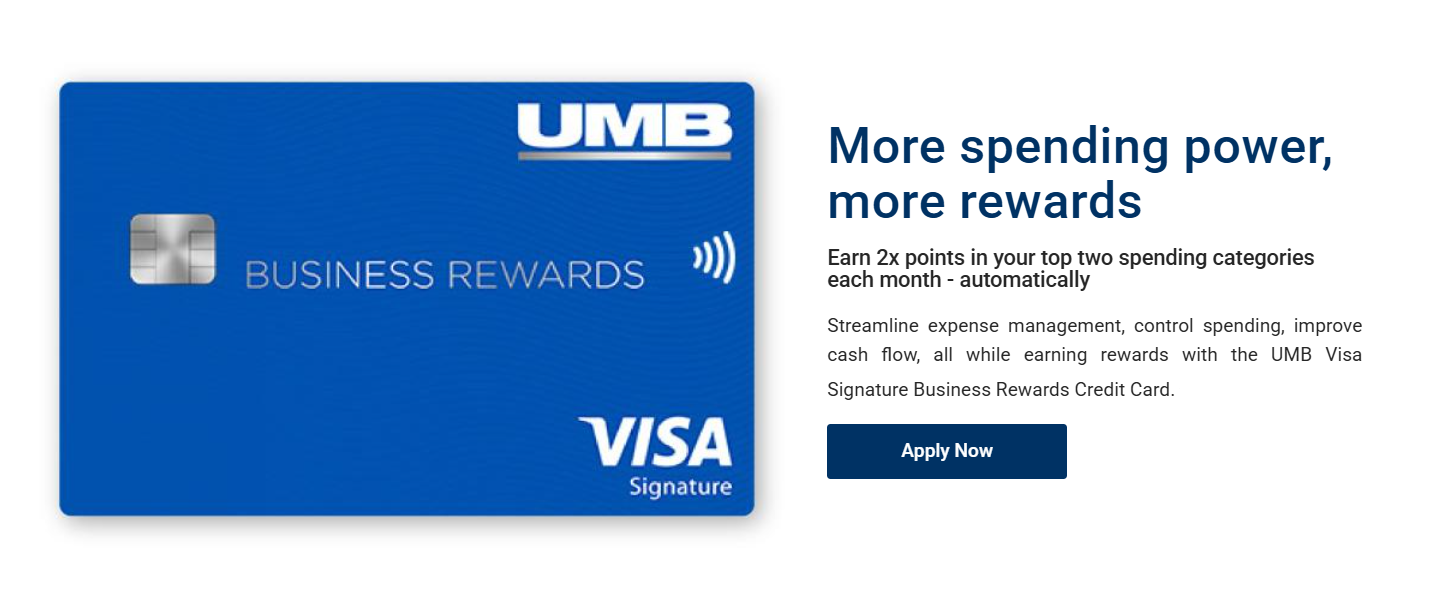Key takeaways
- Business credit cards add value, from more spending power and quick access to funds, to rebates and rewards.
- The “float” period between credit card purchase and paying the statement balance can provide fund access flexibility.
- Tap into benefits like increased administrative features, fraud protection and building your business’ credit score.
- Helps prevent the intermingling of personal and business finances with separate card and credit.
What to know about business credit cards
Whether you’re just starting your business or you are an experienced business owner, you’ve likely needed business financing to support your operations. Expenses can range from technology and equipment, to staffing and inventory purchases – and everything in between. Having dependable and efficient business financing can help offset the larger costs for new business owners, and the ongoing operational needs for established businesses.
Credit cards are integral to business finances
With the help of a point-of-purchase tool like a business credit card, owners can quickly access funds for day-to-day costs and manage payments. Before selecting a credit card, it’s important to review the card’s features including credit limit, rate, use limitation, annual fees and rewards. Most business credit cards offer higher credit limits than personal cards, giving you more spending power. Additionally, business cards aren’t connected to your personal credit line, so you can make larger purchases without the worry of impacting your credit utilization ratio.
Many commercial cards do not have an annual fee, and most offer cash rebates as rewards. It’s important to take the time to consider what reward program would benefit your business the most. For example, if you’d like to maximize overall spending, select a card that allows you to earn a flat cash back percentage of total purchases. If you need more spending power, there are also consortium programs that leverage the purchasing of a group of businesses, providing the necessary scale to receive higher rebates.
Managing float: Value in the payment cycle
Business credit cards provide you with a tool to make business purchases immediately, without needing to dip into cash reserves right away. The credit card float period, or the time between billing cycles that doesn’t incur any charges or interest, can also be a helpful tool when balancing your income and expenses. By paying your balance before the due date, you’ll avoid paying interest.
If your payment is late, interest will accrue on the date of the first purchase in the billing cycle, not on the due date of the payment. It’s important to note that you can only utilize the float period if your balance is paid off every billing cycle. If you have an outstanding balance, you’ll be charged interest and fees as usual.
Fraud prevention: Debit cards versus credit cards
Business owners have increased exposure to fraud and security risks that debit or personal credit cards may not protect against. Actions like allowing employees access to personal debit or credit cards and personal account logins create risks that are eliminated with a commercial card program. And, if fraud does occur, commercial cards may have protection that can cover losses. It’s also important to note that debit card fraud immediately impacts available cash, which further demonstrates the value of using credit for business purchases.
Commercial cards allow many users within the program to view their specific purchases, while also allowing office managers and other administrators the ability to manage the program without impacting the owner’s individual credit. In addition to covering losses, some cards have additional security features that can be implemented to protect your business like requiring the cardholder to provide a password to verify their identity.
Maintaining boundaries between personal and business finances
Some business owners revert to using personal credit or finances to cover business expenses; however, this can cause more harm than good. With each business purchase, an owner’s personal credit score and debt-to-income ratio may be adversely impacted. These two items are both key aspects of personal finance and are reviewed and considered when securing a variety of loans, including mortgages and auto.
There is also the potential to confuse finances by inadvertently intermingling personal expenses with business expenses, which can lead to challenges in properly allocating those expenses for accounting and tax purposes. Unlike personal cards, business credit cards can help you build your business’ credit score. A strong business credit score makes it easier to qualify for business loans and you’ll receive better loans terms.
How to qualify for a business credit card
Before you apply for a credit card, it’s important to know what’s required to qualify for the card. For example, some cards are only available to larger corporations, while others cater to small businesses. You’ll also need to be prepared to share your income, time in business and personal credit score to verify your qualification. Once you have the information needed to qualify, it’s time to select a card.
With so many cards available, it may be overwhelming at first glance, but there are ways to narrow down your options. First, consult with your business banker for recommendations. They are familiar with your business and can help provide the best choices for your needs. Second, look at the card’s program, benefits, rewards and annual rate to determine which is the most cost effective and productive for your business.
When used appropriately, business credit cards are powerful tools that offer a variety of advantages for both new and experienced business owners alike.
If you are interested in learning more about how UMB can help your business as a financial partner, visit our website.







